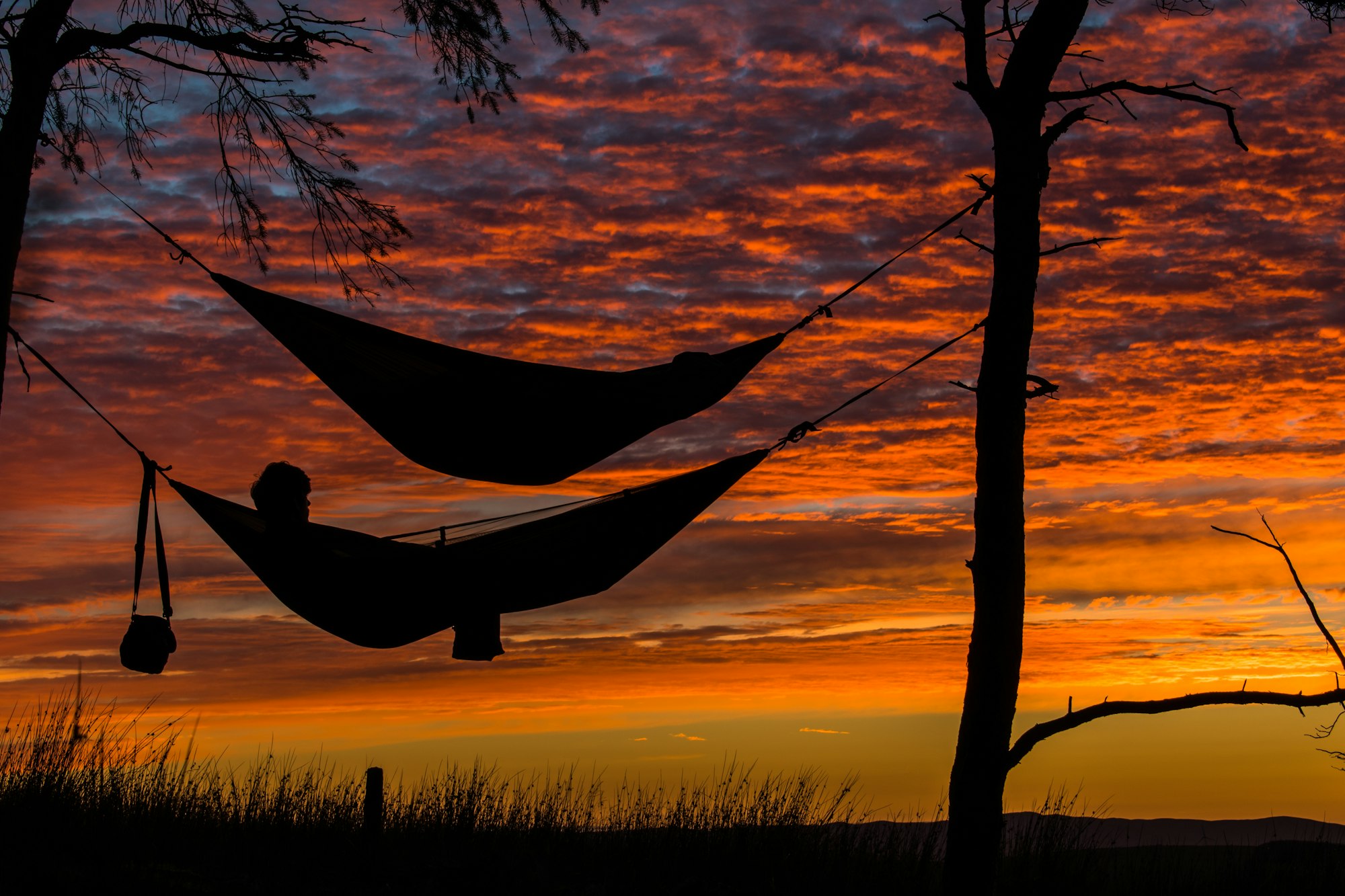The Most Relaxing Song in the World According to Neuroscience
According to researchers, this song can reduce anxiety by 65% and help you fall asleep. So you might want to add it to your bedtime playlist.

According to musicologist Nolan Gasser, we are hardwired to respond to music. Whether it’s a song to rev us up during a hard workout or a playlist to set a moody, seductive ambience at home, music touches the deepest level of our brain.
Just as songs resonate in our mind and with our emotions, they also affect our body’s physiological responses, including those to help us slow down for sleep. And there's science behind which types of music is best. Research has found that songs with around 60 beats per minute, with no sudden changes in tempo or volume, are most conducive to relaxation. The hypothesis is that our heartbeat syncs up with that 60-beats-per-minute tempo, which is a healthy resting heart rate conducive to sleep.
As our heart rate calms, changes in the parasympathetic nervous system, our body’s natural relaxation response, also occur: our breathing slows and blood pressure decreases. With a quieted nervous system, production of the stress hormone cortisol decreases, levels of the “feel-good” hormone dopamine increase, and sleep-friendly hormones, including serotonin and oxytocin, are released.
Listening to music is a universal path to dissolving those thoughts and worries that keep us awake, and helping us fall asleep. And who couldn't use a little relaxation-response activation right about now.
So what’s the best music for sleep?
Of course music preferences are personal. But according to a team of neuroscientists from Mindlab International, the No. 1 most relaxing song in the world is “Weightless,” commissioned by the British Academy of Sound Therapy, whose mission is to improve health and wellbeing using therapeutic sound, and written by British ambient band Marconi Union. To create the song, the trio collaborated with sound therapists to arrive at a precise combination of harmonies, rhythms, tempos, and baselines to encourage relaxation at a deep level.
Researchers at Mindlab found that listening to the 8-minute version of “Weightless” reduced stress and anxiety levels by 65 percent, and “produced a greater state of relaxation than any other music tested to date.” A one hour extended version of the song was also created for those who need more than 8 minutes to fall asleep.
According to the lead neuroscientist, “‘Weightless’ was so effective, many [study participants] became drowsy, and I would advise against driving while listening to the song because it could be dangerous.”
Other types of music that have been shown to promote sleep run the gamut from classical, to Coldplay, to Brian Eno, and Ed Sheeran — quite a diverse bunch! Other favorites of study participants included jazz, house, and instrumental songs.
What music do you listen to to help you fall asleep?
